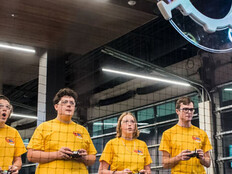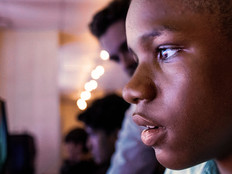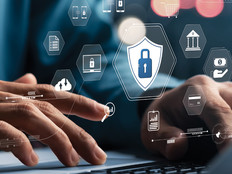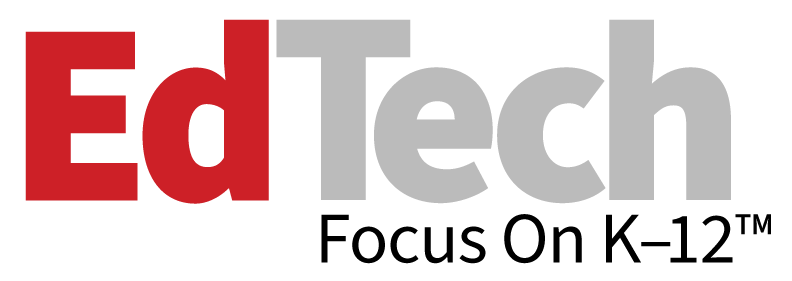Where to Find Lesson Plans on Digital Citizenship
A number of free resources can help schools educate students on this important topic.
Looking to launch a digital citizenship program? Schools can find several valuable teaching resources, and many are free from organizations such as Common Sense Education.
Some schools teach all of the lessons in the Common Sense Education K–12 Digital Literacy & Citizenship curriculum, which includes five lessons per grade level per year that are aligned with the Common Core and International Society for Technology in Education standards. Others cherry-pick lessons that are relevant to their curricula.
In addition to the K–12 curriculum (which was developed in partnership with Howard Gardner’s Good Play Project at the Harvard Graduate School of Education), Common Sense Education offers toolkits on topics such as cyberbullying and the digital citizenship curricular requirements to qualify for E-Rate funding, a Digital Citizenship Certification program for schools and educators, and their revamped program called Connecting Families (formerly Educate Families) to help schools teach digital citizenship to parents.
“When you bring parents in the loop on these issues, it just makes the curriculum that much more powerful,” says Kelly Mendoza, senior professional development manager for Common Sense Education.
All types of stakeholders can get involved, including school leaders, lead teachers, technology teachers, library and media specialists, parents and even community members and local businesses, adds Mendoza. “It helps when it’s a team-based approach,” she says.








